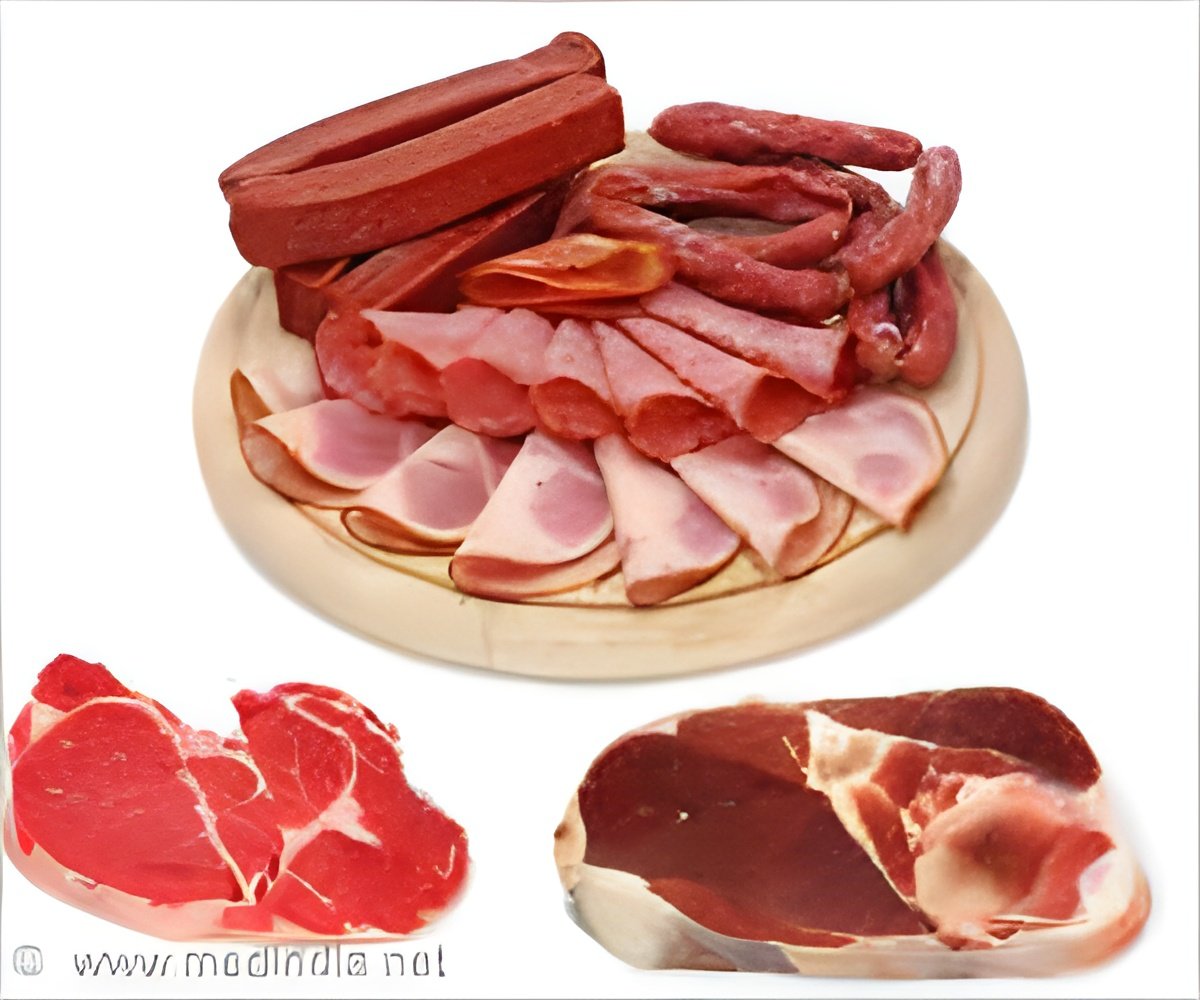A UN body has confirmed that governments have agreed to follow new food standards calling for zero residue of veterinary drugs in meat, limiting lead pollution in infant formula and toxins in maize.

While often complex, the decisions of the 186-nation commission run by the World Health Organization and the Food and Agriculture Organization have real meaning on the ground.
"They really impact on the food we buy in the store and that we eat," said Tritscher.
The body said it was time to ensure that no traces of eight veterinary drugs -- chloramphenicol, malachite green, carbadox, furazolidone, nitrofural, chlorpromazine, stilbenes and olaquindox -- make their way onto consumers' plates via meat, milk, eggs or honey.
"If you have residues of these compounds in food, then there's real concern for human health," said Tristcher.
"There's been a long discussion about the recommendation that we can give. It's basically to ensure that you don't have residues of these eight veterinary drugs in food. None at all," she said.
"The recommendations still have to be put into national law. Countries have to control and, if necessary, pull a product off the market," Tritscher explained.
- Do everything possible -
The commission's decision on infant formula aims to slash lead pollution, which occurs as a result of environmental contamination, for example during the manufacturing process.
"Lead affects a baby's brain development. And infant children are of course more sensitive to it. That's why it's important to try to do everything possible to reduce exposure," said Tritscher.
The commission previously recommended a limit of 0.02 milligrammes of lead per kilo of formula, but cut that to 0.01 milligrammes.
"Now it's up to the manufacturers that buy material when they produce infant formula to buy the cleanest material so that they can achieve this limit," said Tritscher.
The commission's action on maize -- or corn, in North America -- targets fumonisins.
They are toxins produced by mould that can grow on maize in the field or after harvesting, notably due to humidity, inadequate storage and insect damage.
Some fumonisins have been found to cause liver or kidney damage, and even lead to cancer.
"It's the first time that a standard has been set for these types of toxins," said Tritscher.
"Since maize is a very important staple food in many countries, it's very important to set a limit for these toxins, for human health."
The commission recommended a maximum of four milligrammes of fumonisins per kilo of raw maize, and two milligrammes per kilo of maize flour.
Source-AFP
 MEDINDIA
MEDINDIA




 Email
Email










